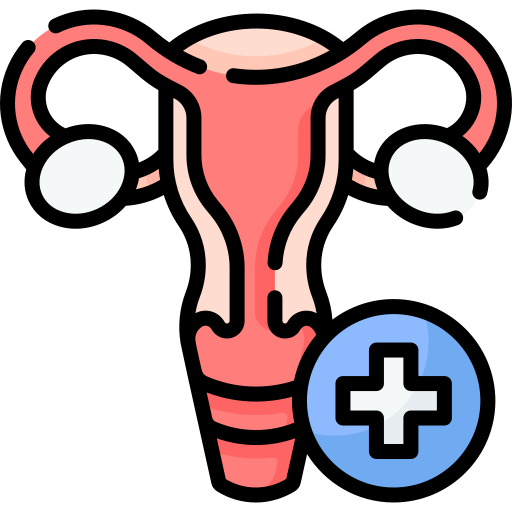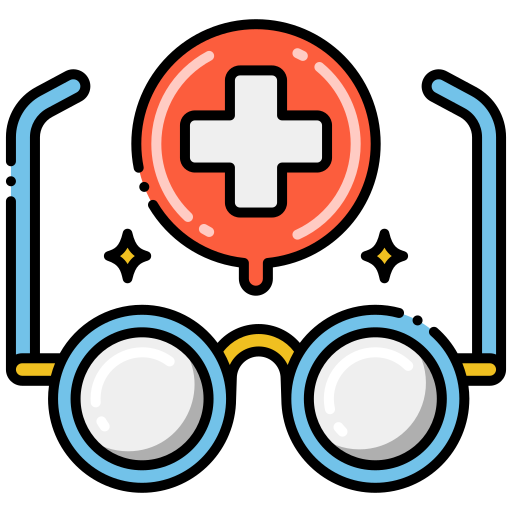
Simple Nutrition Tips for a Healthier You
Small Changes, Big Impact
Living a healthy lifestyle doesn’t require drastic changes or expensive supplements—small, consistent adjustments can lead to lasting improvements. How we fuel our bodies plays a huge role in how we feel, perform, and even age. Fortunately, achieving a healthier lifestyle can start with some easy and simple tweaks to your daily nutrition habits.Here are some tips from Lindsey Steele, RD, LDN, Wellness Center clinical dietitian, Food and Nutrition Services, Bayhealth Kent Campus, to help you feel better and get on the path to a healthier you.Start Your Day with a Balanced BreakfastBreakfast is often called the most important meal of the day, and for good reason. Eating a balanced breakfast jumpstarts your metabolism and provides energy for the day ahead. Aim to include a mix of protein, fiber, and healthy fats. For example, oatmeal with nuts and berries, or scrambled eggs with spinach and whole-grain toast. These types of meals help regulate your blood sugar and keep you fuller for longer.Eat More Whole FoodsThe closer your food is to its natural state, the more nutrients it’s likely to contain. Whole foods like fruits, vegetables, lean proteins, and whole grains provide vitamins, minerals, and fiber that processed foods just can’t match. A simple way to add more whole foods to your diet is by aiming to fill half of your plate with colorful vegetables and fruits at every meal. Think fresh berries in your yogurt, or leafy greens in your salads.Swap Refined Carbs for Whole GrainsRefined carbs (like white bread, pasta, and sugary snacks) may taste good, but they can lead to spikes and crashes in blood sugar levels, leaving you feeling sluggish. A small change, like swapping white bread for whole-grain options, can make a big difference. Whole grains like brown rice, quinoa, and whole wheat bread are richer in fiber and keep you feeling satisfied longer.Snack SmarterSnacking can be part of a healthy eating plan—if you choose the right snacks. Instead of reaching for chips or candy, opt for nutrient-dense snacks like a handful of nuts, Greek yogurt, or a piece of fruit with nut butter. These options provide protein and healthy fats, which will curb your hunger without causing an energy slump later on.Stay HydratedWater is essential to every cell in your body, and staying hydrated supports digestion, energy levels, and skin health. Sometimes, when you feel hungry, it could actually be your body signaling that it’s thirsty. Aim to drink at least 8 cups of water per day, or more if you’re active or live in a hot climate. Herbal teas and water-rich fruits and veggies, like cucumbers and watermelon, can also help you stay hydrated.Control Portions, Not Just CaloriesOvereating is often a result of oversized portions rather than poor food choices. A simple way to avoid this is by learning to listen to your body’s hunger cues. Instead of eating until you’re stuffed, aim to eat until you’re satisfied. Using smaller plates and bowls can help you control portion sizes, and paying attention to how full you feel throughout a meal can prevent mindless overeating.Add More Plant-Based MealsIncorporating more plant-based meals into your diet, even just a few times a week, can have tremendous health benefits. Plant-based foods like beans, lentils, tofu, and tempeh are not only nutrient-rich but also lower in fat compared to animal products. You don’t need to be fully vegetarian or vegan—just try swapping out meat for plants in a few meals each week. A vegetable stir-fry with quinoa or a bean chili can be just as satisfying as any meat-based dish.Limit Added SugarsSugar is hidden in many foods, from salad dressings to packaged snacks. One of the best things you can do for your health is to limit added sugars. Start by reducing sugary drinks like soda or sweetened coffee, which are often loaded with empty calories. Instead, opt for water, herbal teas, or sparkling water with a splash of lemon. If you want something sweet, reach for fresh fruit—it satisfies your sugar cravings while providing fiber and nutrients.Cook More at HomeWhile eating out can be convenient, cooking at home allows you to have more control over what you’re eating. When you prepare meals yourself, you can choose healthier ingredients and avoid hidden sugars, unhealthy fats, and excessive salt often found in restaurant dishes. Cooking doesn’t have to be complicated—simple recipes with fresh ingredients can make a delicious and nutritious meal. Plus, you can batch cook and store leftovers for an easy lunch or dinner the next day.Mindful Eating: Slow Down and Enjoy Your FoodOne of the simplest ways to improve your relationship with food is by practicing mindful eating. Take time to savor each bite, notice the flavors and textures, and listen to your body’s hunger and fullness signals. Eating slowly allows your brain to register when you’re full, which can help you avoid overeating. It also encourages a greater appreciation for your food, turning mealtime into a moment of enjoyment rather than just another task.Eating at RestaurantsAn easy way to moderate your portions is to request a box before beginning the meal, and put half away to take home before you even start to eat.Small Changes, Big ResultsNutrition doesn’t have to be overwhelming or restrictive. By making small, sustainable changes in your daily habits, you can achieve a healthier, more balanced life. Whether it’s starting your day with a balanced breakfast, choosing whole foods over processed ones, or drinking more water, these small steps can add up to big results over time. Remember, it's not about perfection—it's about making better choices for your body and mind.




























